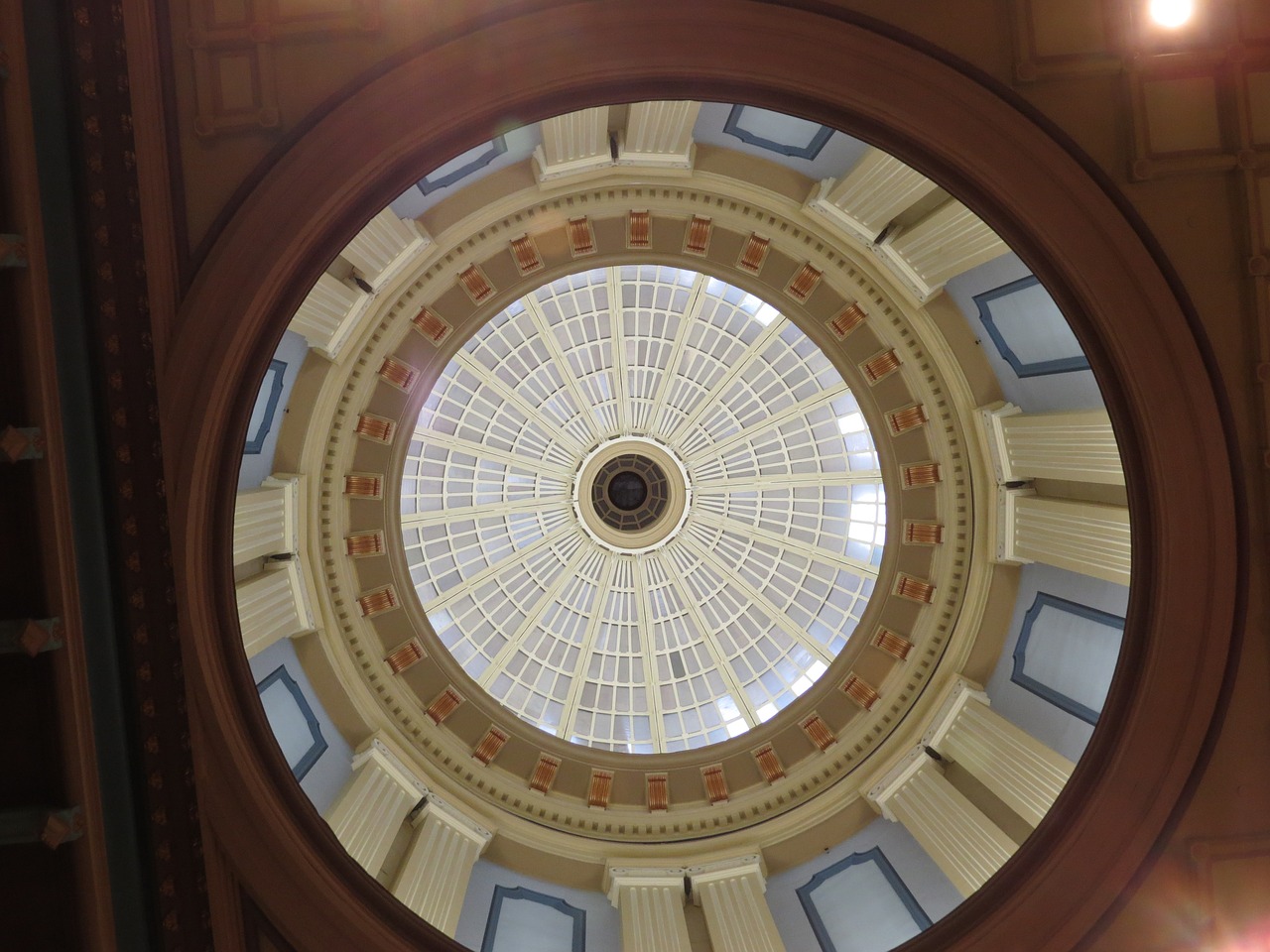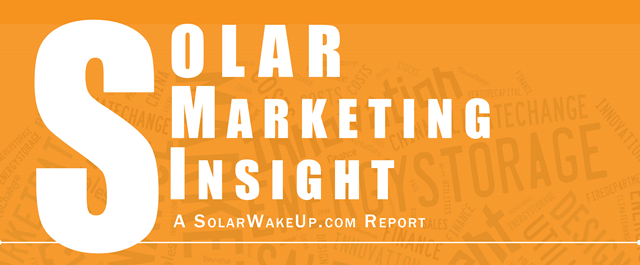By Frank Andorka, Senior Correspondent
Last week during Intersolar North America, Duke Carolinas announced it had hit its 2% net metering cap in South Carolina for residential solar installations, meaning anyone that installs after August 1 will be compensated under less generous net metering rules.
And low and behold, a week later, Duke Energy opens its first community solar farm in the state.
Fancy that.
I’m sure you can see my two minds fighting with themselves over here. On the one hand, I’m all about community solar. As someone whose house is not optimally oriented to have solar on my roof, I’m on the email every couple of months or so begging my mayor to start a community program in my home town (Hi Mayor Welo!). On the other hand, it’s pretty convenient that the community solar program only starts when most South Carolinians within Duke’s service area won’t be ABLE to put solar on their roofs for full compensation.
Here’s a quotation from Kodwo Ghartey-Tagoe, state president for Duke Energy in South Carolina, about the “Shared Solar Program” (Duke South Carolina’s community solar program) from the release announcing the program:
This is a great program for any customers who don’t own their residence or are unable to put a solar facility on their property. We estimate that residential customers will earn back their initial payment in credits from the solar array in three years. Customers are not only saving on their electric bill, they are directly supporting a renewable energy future in South Carolina for generations to come.
Huh. “Unable to put a solar facility on their property.” After the utility (and, in fairness, other utilities in the state) put the kibosh on raising the net metering cap a few months ago, thereby putting a lot of people in the position of being “unable to put a solar facility on their property” because it was no longer financially viable.
Now, I’m not suggesting there’s some great conspiracy here. It’s actually a brilliant business decision, looked at from strictly that perspective. I just feel a bit sorry for the South Carolinians who are now at Duke’s mercy when it comes to deciding from where they can buy their solar electricity.
More:



